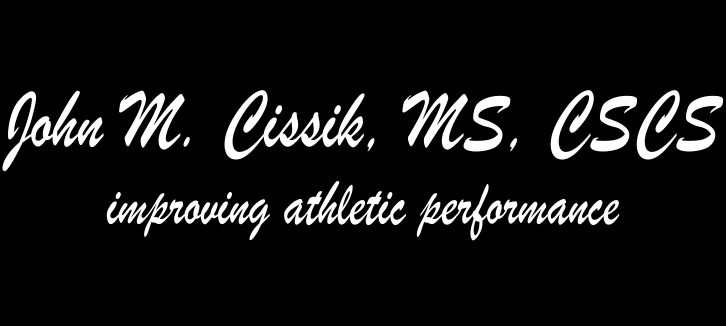Yesterday I put on a workshop at Texas Woman’s University that provided CEU’s from NSCA, ACE, AFAA, and NASM. Our topics were endocrine physiology and weight control. These are both important and timely topics and it’s always great to be able to share the latest research and how this sometimes conflicts with what we “know.”
Endocrine Physiology:
From a strength and conditioning standpoint, endocrine physiology is an extremely important topic because it drives many of our gains from strength and conditioning programs. With this in mind, the workshop focused on a review of what hormones are, how they effect tissues, different classes of hormones (steroid versus polypeptide), how the different classes act on target tissues, and how hormone levels are regulated.
We next discussed several important classes of hormones for a strength and conditioning professional. These include testosterone, growth hormone, insulin-like growth factors, cortisol, and catecholamines. Clearly testosterone is one of the important hormones for tissue synthesis and repair, growth hormone has a role in just about everything, and insulin-like growth factors are believed to have a role in hypertrophy by stimulating the proliferation of satellite cells. Interestingly, all three of these hormones work together. Testosterone is produced, is one thing that stimulates growth hormone, which stimulates insulin-like growth factors. All three hormones have some commonalities in terms of what kind of training stimulates them; multi-joint exercises, volume (8-12 reps/set), moderate intensity (~80% range).
We spend a good bit of time discussing cortisol. In theory this is a marker for overtraining because it is involved in breaking down protein for energy. Thus in theory if cortisol levels are elevated it would mean that through a combination of too much work and not enough food we’ve resorted to breaking down protein for fuel, which defeats the purpose of working out. However, we went over research that shows this hormone’s role may be misunderstood and there is a link between elevation levels and improved performance in Olympic lifting – in other words, there’s a lot of room for research with this hormone.
We ended the endocrine physiology section by discussing the short-term and long-term impact of training on hormones. After covering a great deal of research, it appears that in the short-term (i.e. immediately after a training session), many of these hormone levels are elevated. However, there does not appear to be a long-term effect. In other words, long-term training doesn’t appear to increase hormone levels. This suggests that the hormonal response that drives our gains occur after the workout session, which reinforces the need to get it right. In summary, volume is important for increased growth hormone, testosterone, and insulin-like growth factor levels. Maximal strength and power training won’t have as much of an impact on hypetrophy.
Weight Control:
First we covered the current numbers of the scope of the overweight problem in America. Essentially it’s now 72% overweight/obese (adults) and 32% children age 2-19 (according to the American Heart Associations’ 2012 numbers). There were several points to get across with weight control after reviewing how a normal person regulates food intake. These included reviewing how people adapt to being obese, covering what we “know” about weight control, and then challenging some myths.
It’s important to understand that people adapt to being overweight. This means that some hormones that are involved in regulating fat mass and eating don’t work the same as in normal-weight individuals. Overweight people break down triglycerides differently than normal-weight (they take longer to break down triglycerides and do so incompletely). All of this combines to mean that it is not as simple as eating less and exercising more when someone gets to a certain point.
The bad news is the only long-term approach that seems to work is first, fixing the things that got someone to this point – just like if you were going to quit smoking. Second, the research is showing that after losing the weight, overweight people need to eat less (in order to maintain their weight loss) than people that had never been overweight. In other words, there is a need to completely alter one’s lifestyle and maintain that. Which is clearly something that people don’t want to hear.
We ended by covering the recent New England Journal of Medicine review article about myths and presumptions on obesity, which is an eye opening article. You can review a summary of the article here: http://www.nejm.org/doi/full/10.1056/NEJMsa1208051 . After covering this, we had a discussion on the paleo craze. There’s an excellent article in the Chronicle of Higher Education, by an evolutionary biologist, that address this: http://chronicle.com/article/Misguided-Nostalgia-for-Our/137285/ .



